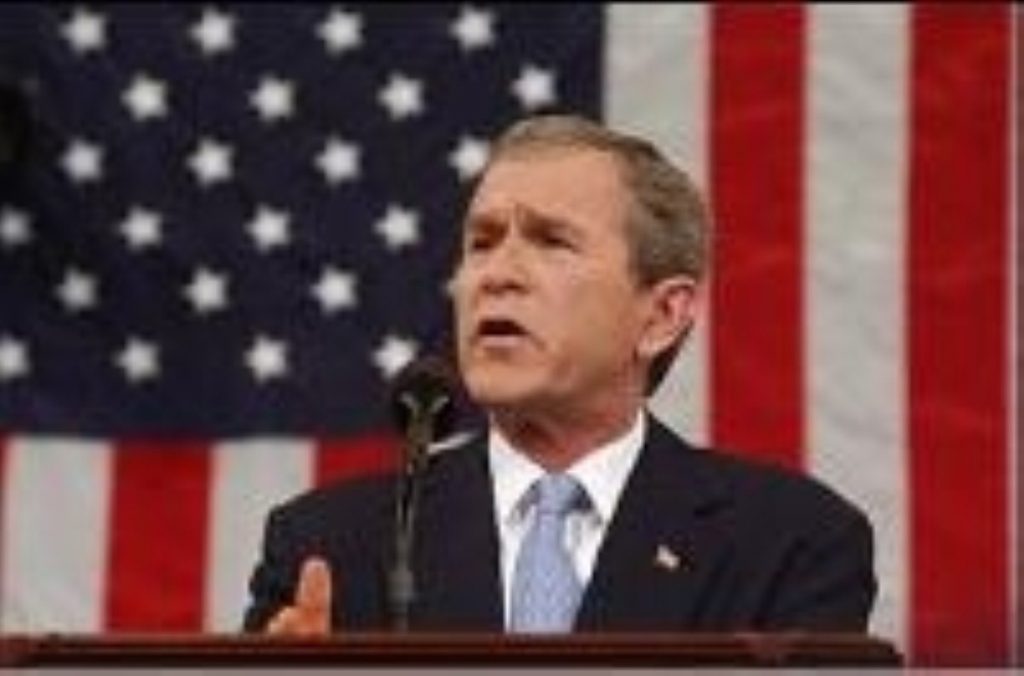Bush outlines ‘expanded’ role for UN in Iraq
George W Bush has called on United Nations member states to assist in the reconstruction of Iraq.
Addressing the UN’s general assembly in New York this afternoon, the president stressed the atrocities committed under Saddam Hussein’s regime and outlined the benefits that the US-led invasion had brought to the region.
He acknowledged the row that broke out a year ago over the best way to disarm Iraq, but added that it was time to move beyond those differences.
“Now the nation of Iraq needs and deserves our aid, and all nations of good will should step forward and provide that support,” he said, in a bid to gain the assembly’s backing for a resolution that would see additional troops and investment committed to Iraq.


The president is due to engage in bilateral talks with Jacques Chirac later today, but sent out a thinly-veiled warning to the French leader during his speech.
“The primary goal of our coalition in Iraq is self-government for the people of Iraq reached by an orderly and democratic process,” he said.
“This process must unfold according to the need of Iraqis, neither hurried nor delayed by the wishes of other parties,” President Bush added, alluding to the French government’s desire for the US to hand over control – at a symbolic level at least – to the Iraqis by next month.
The president noted that the UN could “contribute greatly to the cause of Iraqi self-government”, but the extent of that role could be too restricted for leaders who were opposed to the war such as President Chirac and Chancellor Schroeder.
President Bush suggested that the United Nations should assist in developing a constitution, training civil servants, and conducting free and fair elections. But the implication seemed to be that any troops being sent by member states to Iraq would be operating under US not UN control.
His speech also touched on the Middle East peace process, stating that the US was prepared to play a central role in resolving the current stalemate, as well as the possibility of an anti-proliferation resolution, and issues relating to international development.
Speaking before the American president, the UN secretary general, Kofi Annan criticised any country that took pre-emptive action against potential aggressors – referring of course to the attack on Iraq – but he also conceded that the UN had to address the issues of terrorism and weapons of mass destruction that made some countries feel “uniquely vulnerable”.











